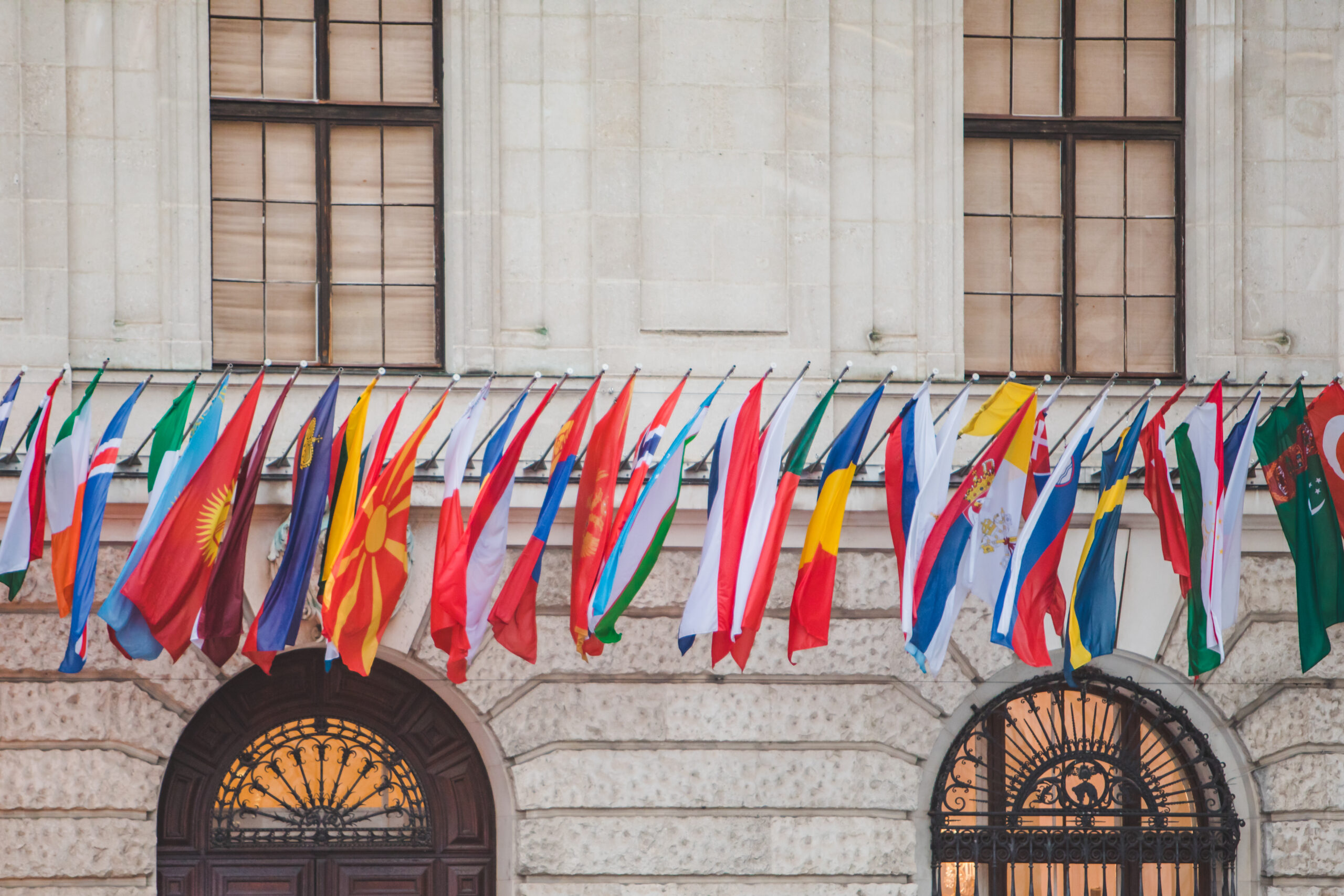Geopolitics took centre stage at this year’s IQ-EQ Crossroads, where former MI6 Chief Sir Alex Younger delivered a stark warning to investors waiting for a return to the ways of the past: “‘Normal’ is not coming back.”
“There is now a fundamental difference in the status quo,” Sir Alex said in his fireside chat with host John Legrand, IQ-EQ’s Deputy Group CEO. “It’s about abandoning that idea that the weirder things get, the more likely they are to get back to normal – there’s no law that says that.”
Instead of defaulting to a ‘wait and see’ mentality, he called for a decisive shift in mindset. Investors, he argued, must stop hoping for a return to yesterday’s world and start building strategies fit for tomorrow’s volatility – a candid insight amidst widespread discourse espousing cautious inertia. In his contrarian position, Sir Alex instead stressed: as global powers shift and national agendas grow transactional, the future will be shaped not by passivity but by those willing to adapt and innovate.
The new world order?
The annual IQ-EQ Crossroads event has become a key platform for unpacking the confluence of geopolitics, national policy and private capital, and in 2025, this proved more vital than ever before as keynote speaker Sir Alex discussed the global shift towards a ‘might makes right’ paradigm.
Much of the democratic world has been “infantilised by tranquillity,” he argued, lulled into complacency by decades of relative peace and economic stability. He emphasised that democracy, unlike authoritarianism, is not self-sustaining: it demands continuous engagement, vigilance and care. Yet this essential maintenance has been increasingly neglected in recent decades, allowing democratic institutions to atrophy while autocratic forces elsewhere in the world gain ground. As Sir Alex concluded, “Don’t try to be like your enemy – but also don’t assume the enemy is like us.”
John Legrand invoked Henry Kissinger’s World Order as he discussed the shifting global dynamics with Sir Alex, who noted of institutional democracy: “The UK persuaded itself that the rules have changed, but no-one else had.” This illusion of shared values and rules, he warned, has left many democratic nations exposed and ill-prepared for the ruthlessness of emerging powers not bound by the same ethical or institutional frameworks. Instead, power is once again becoming the ultimate currency within international affairs, and those who fail to recognise this shift risk irrelevance – or defeat.
As traditional alliances and structures are tested, the need for strategic realism has never been greater in recent decades than now. Sir Alex noted that today’s global landscape operates on new rules, and power structures are being redefined – largely by those less constrained by democratic norms. In this new era, neither governments nor businesses can afford to operate under the assumption that their adversaries will play by the same code, whether professional or democratic.
Innovation, regulation and humanity: the great levellers
Despite the cautious tone, Sir Alex ended on an optimistic note. “The UK has been protected since the Industrial Revolution by a higher rate of innovation,” he remarked, emphasising human agency as our strongest line of defence in uncertain times. Innovation, in his view, is not merely a technical or economic advantage but a fundamental source of national resilience and strategic resistance.
Yet, he also recognised that this strength has been tempered in recent decades. Sir Alex voiced concerns around Europe’s increasingly precautionary approach to new technologies, particularly in areas such as artificial intelligence. “Europe has regulated technology as a risk, not an opportunity,” he said, citing the recent advances of DeepSeek as a hopeful wake-up call that innovation is no longer a Western monopoly. Instead, he warned that regulatory inertia could cede technological leadership, and, without a more balanced regulatory framework that drives innovation, the West risks losing further ground.
Despite these concerns, Sir Alex remained grounded in a belief in human agency and stressed the importance of collective action. “Dictators are bullies,” he summarised. “They hate being ganged up on.” Solidarity, whether between democracies, institutions or individuals, remains one of our most powerful tools against destabilising forces.
Private markets: navigating the tides
Despite his global perspective, Sir Alex’s talk reiterated a broader truth for investors: private markets do not operate in a vacuum, and the era of ‘wait it out’ is over. For investors, this means navigating a highly asymmetrical world where old assumptions about stability, markets and convergence no longer hold. In a world where ‘might makes right’ is increasingly the order of the day, those in private markets must be alert, agile and engaged to avoid being caught up in the flood.





